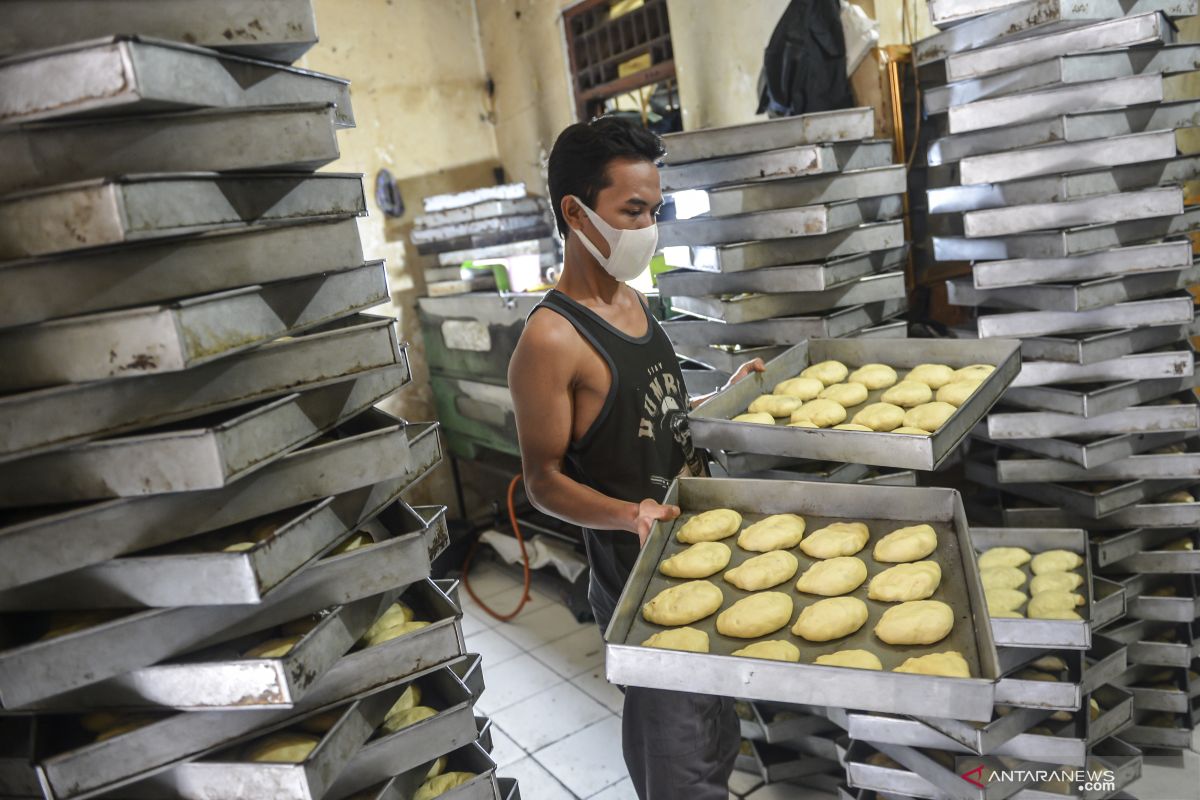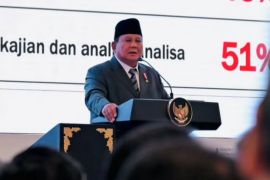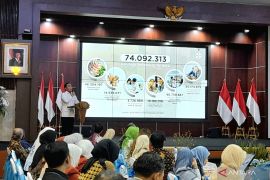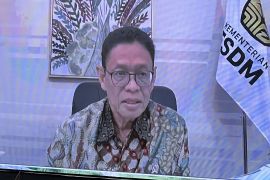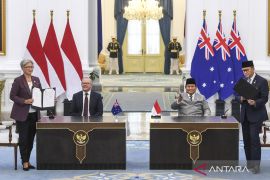The time required to register a business in Indonesia is 23 days, with 11 procedures and 69 regulations (that need to be fulfilled) to become a legal business.Jakarta (ANTARA) - Ease of Doing Business (EoDB) can push the growth of government-private partnerships to support the development of potential sectors in the country, the Center for Indonesian Policy Studies (CIPS) has said.
"For example, in supporting food security, government-private partnership schemes on main logistics infrastructure can be a way to reduce logistics costs, food losses, and food waste incidents," CIPS researcher Arumdriya Murwani said in a statement released in Jakarta on Wednesday (July 21, 2021).
The government-private partnership schemes allow the government and private sector to share resources, she pointed out. They eventually benefit the people in terms of food supplies and affordable buying prices, she said.
Therefore, she argued that the government should synchronize central regulations with local ones to avoid regulatory conflicts, such as in permit issuance.
"The government's regulations in supporting Ease of Doing Business in Indonesia must be simple, efficient, and applicable in all regions," Murwani stressed.
Ease of Doing Business in Indonesia has still not fully transpired, she pointed out. One of the indicators that must be improved is the Starting a Business indicator, or simply business registration, she said.
"Based on CIPS research, the time required to register a business in Indonesia is 23 days, with 11 procedures and 69 regulations (that need to be fulfilled) to become a legal business," she elaborated.
Related news: Government should aggressively attract investment: Apindo
"The process is still followed by (applying for) building permits and disturbance permits that are still prevailing in some regions," she added.
Due to the complexity of the licensing bureaucracy, people are preferring to stay in the informal environment, even though that involves bearing a number of opportunity costs in terms of security protection, bank credit access, and other fees, she observed.
The licensing intricacies have gradually reduced interest in registering informal businesses as formal businesses, and with that, investors' interest in opening businesses in Indonesia has slowed, she said.
Moreover, the government's efforts to create a conducive business climate through Online Single Submission (OSS) are still being hindered by the state of information technology (IT) infrastructure, Murwani said. This is because central and local government regulations have not been integrated yet, she added.
"Not all regions, districts, and cities are implementing OSS because their areas are not yet supported by IT infrastructure and internet connection. This upgrading needs a commitment from the local government to complement everything," she said.
Indonesia's ranking on the EoDB Index in 2020 remained unchanged compared to 2019 at 73. In the EoDB Index 2020, Indonesia was ranked 140th on the Starting a Business indicator.
This ranking has led to Indonesia lagging behind other countries and territories, such as Singapore and Hong Kong, which are ranked fourth and fifth, respectively, Murwani said.
The Starting a Business indicator in EoDB is calculated based on the number of procedures, days, and costs incurred to register a business in a country.
Related news: Indonesia to become world's leading battery producer: Lahadalia
Translator: Kuntum Khaira Riswan, Kenzu T
Editor: Rahmad Nasution
Copyright © ANTARA 2021
